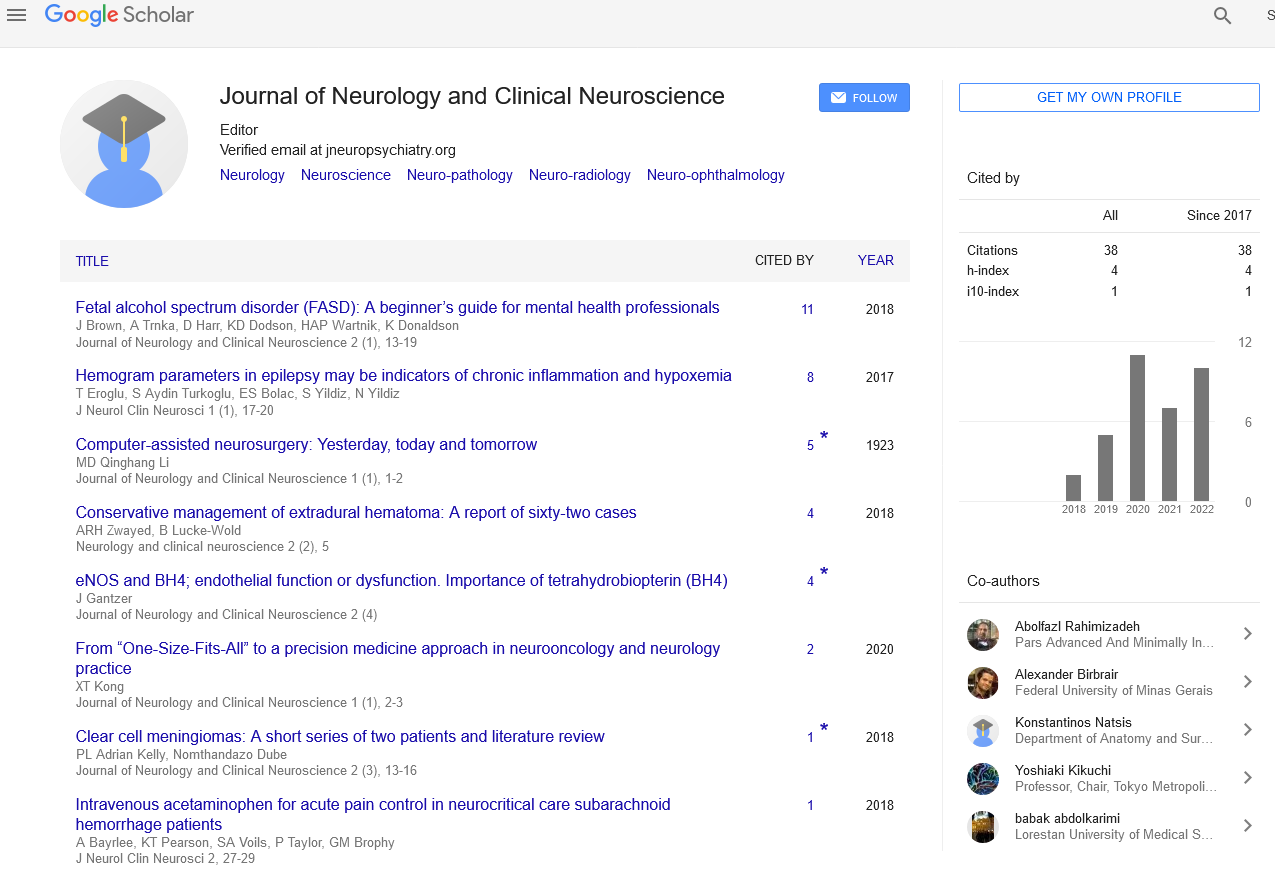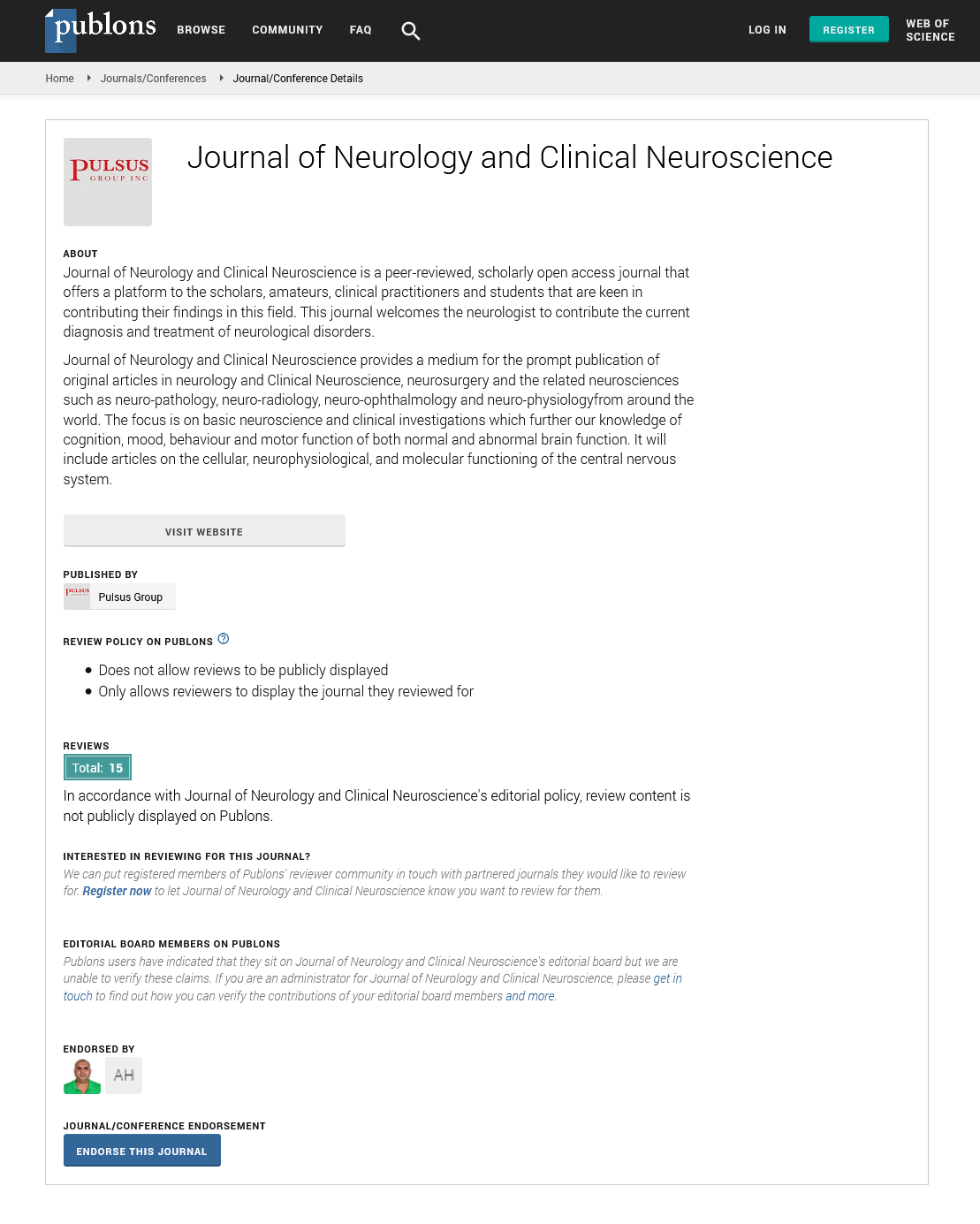Sign up for email alert when new content gets added: Sign up
Complementary and integrative approaches to sleep and Obesity disorders in children
8th World Congress on NEUROLOGY AND THERAPEUTICS
June 29-30, 2023 | London, UK
Swapna N Deshpande
Oklahoma State University, USA
Posters & Accepted Abstracts: J Neurol Clin Neurosci
Abstract :
Sleep is a critical part of a child’s physical as well as emotional development. It can have a huge impact on overall functioning of the child and optimal sleep may help with improved regulation of mood and behaviors (Arns et al, 2021). In typical preschool and school aged children the prevalence is sleep problems is around 25 % (Wiorjanan etal, 2007). Sleep disorders are very frequently associated with a range of child and adolescent psychiatric condition. Sleep quality can be affected by mood and developmental disorders and vice-versa. In fact, they are one of the most frequent symptoms in child and adolescent psychiatry (Arns et al, 2021). Not only does poor sleep affects child’s quality of life, but it also affects the entire family’s functioning and parents often seek help to address sleep difficulties in their child (Parker et al, 2019). Sleep difficulties can present in many ways including difficulty initiating sleep, maintaining sleep, and waking up early as well as other abnormal sleep related behaviors or parasomnias. Sleep wake cycles are controlled by endogenous circadian processes as well as exogenous environmental influences. Circadian rhythm abnormalities may play a role in sleep disorders, and these may arise out of complex biological and social factors (Arns, 2021). Environmental and social influences are especially crucial in adolescence with increasing use of light emitting devices at night as well as the rampant use social media in this age group. Thus, finding safe and effective ways to address sleep issues in children is critical for their wellbeing and development. In addition, interventions targeting sleep could potentially be an important therapeutic avenue to improve psychiatric disorders and psychosocial outcomes in children (Arns, 2021). There are many concerns about long term pharmacological treatment for sleep including dependence, tolerance, and adverse effects. One of the most frequently used pharmacological treatment for sleep disorders is melatonin which is an endogenous hormone (Parker et al, 2020). Impaired sleep is associated with emotional dysregulation as well as disruption in physical development in children. Children with autism have abnormalities in melatonin secretion and may benefit from exogenous supplementation. Studies have demonstrated that melatonin supplementation for insomnia in many psychiatric disorders is safe and has minimal side effects with long term use. Sleep hygiene is one of the factors that can impact sleep and is a modifiable risk for children. Parent education of sleep hygiene has been shown to be helpful in reducing sleep problems in children.





